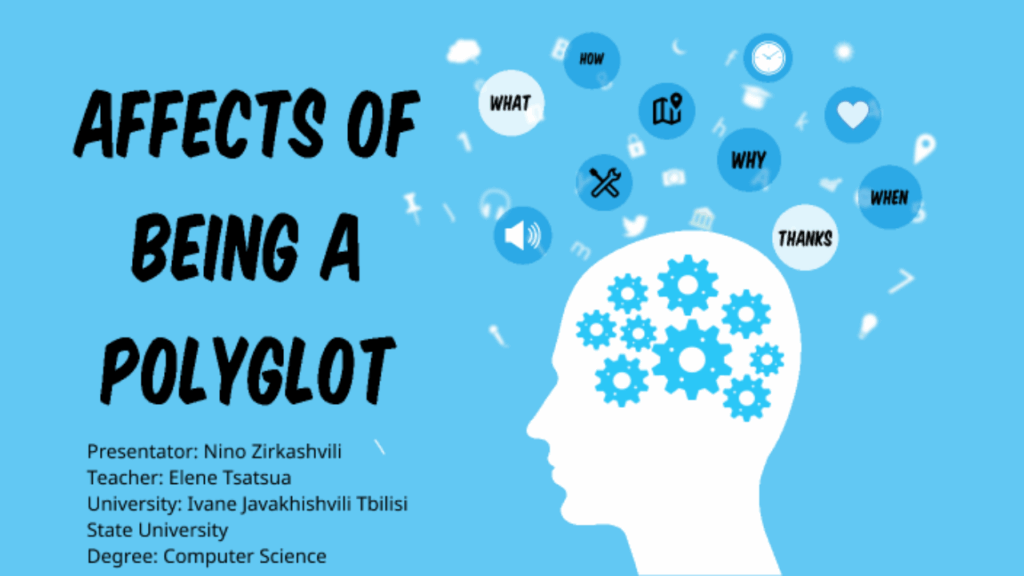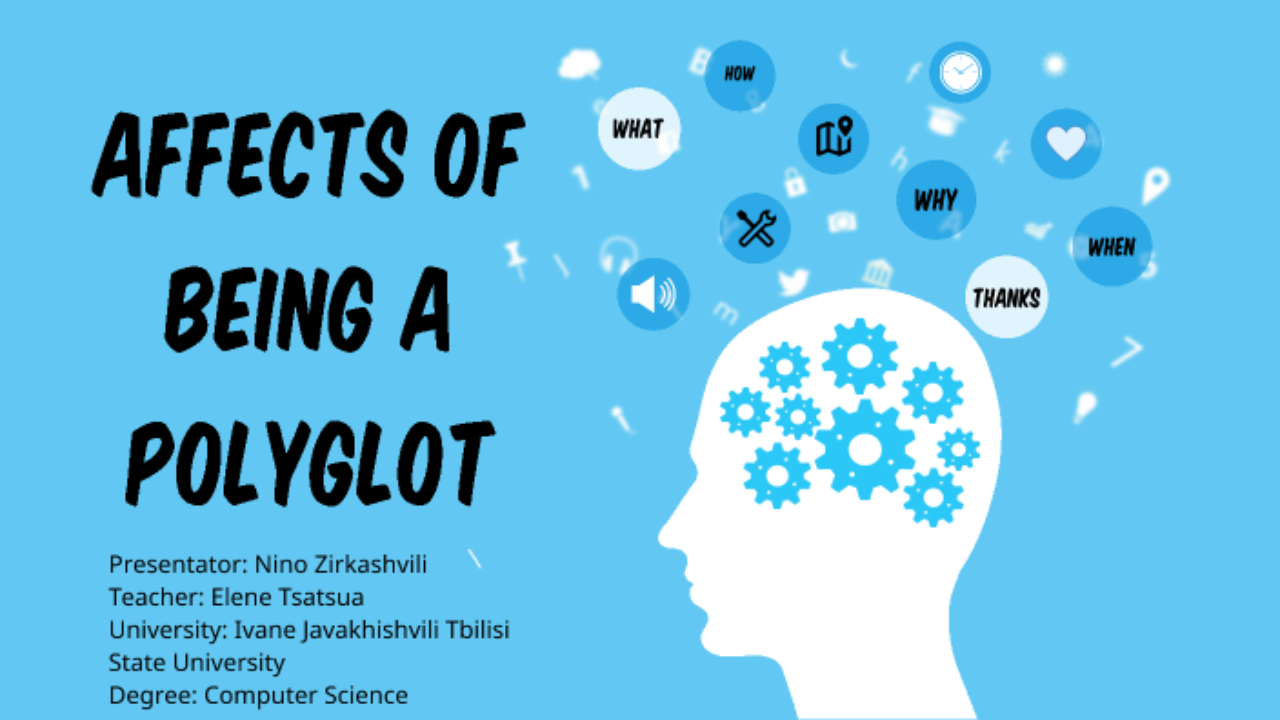
Learning one new language is already a challenge—but how do polyglots manage to master five, ten, or even more? The answer lies not in talent alone, but in effective study strategies. Successful polyglots use a combination of science-backed techniques, discipline, and creativity to maximize learning efficiency. In this article, we’ll uncover the top study hacks used by polyglots around the world, showing you how to apply them to your own language-learning journey.
1. Active Recall Over Passive Review
Polyglots know that rereading vocabulary lists is not enough. Instead, they rely on active recall, which involves testing themselves by pulling words from memory. Flashcards, quizzes, or speaking practice without notes are common tools. This method strengthens memory pathways, making recall in real-life situations much faster.
Why It Works: Active recall forces the brain to retrieve information, which deepens learning and ensures vocabulary sticks.
2. The Power of Spaced Repetition
Rather than cramming hundreds of words in one night, polyglots use spaced repetition systems (SRS). Apps like Anki, Quizlet, or Memrise schedule reviews at optimal intervals—just before the brain is about to forget.
Why It Works: By leveraging the forgetting curve, spaced repetition ensures words move from short-term to long-term memory, making them easier to recall months later.
3. Immersion in Daily Life
Polyglots don’t wait until they’re fluent to immerse themselves. They incorporate their target language into everyday routines: labeling household items, changing phone settings, or listening to music and podcasts.
Why It Works: Daily immersion trains the brain to recognize patterns and vocabulary in real-world contexts, accelerating fluency.
4. Speaking from Day One
Instead of waiting until they “know enough,” polyglots start speaking from the very beginning. Whether through language exchanges, online tutors, or self-talk, they practice forming sentences early.
Why It Works: Speaking reinforces vocabulary and grammar, reduces fear of mistakes, and builds confidence in real communication.
5. Chunking Vocabulary into Context
Rather than memorizing single words, polyglots focus on chunks of language—phrases and sentences that can be used immediately. For example, instead of learning just bonjour (hello), they memorize “Bonjour, comment ça va?” (Hello, how are you?).
Why It Works: Chunks are easier to recall, more natural in conversation, and help learners sound fluent faster.
6. Using Multiple Input Methods
Polyglots don’t limit themselves to one style of learning. They combine reading, listening, writing, and speaking in their study sessions. This multimodal approach ensures stronger retention and prevents boredom.
Why It Works: Different input channels stimulate different parts of the brain, reinforcing language connections.
7. Tracking Progress and Setting Goals
Clear goals keep polyglots motivated. They set achievable milestones, such as “learn 50 new words this week” or “hold a 10-minute conversation by the end of the month.” Many also use journals, apps, or spreadsheets to track progress.
Why It Works: Tracking makes learning measurable and gives a sense of achievement, which fuels long-term consistency.
Study Hacks in Action: Example Routine
Here’s how a polyglot might structure a daily study plan:
- Morning: 20 minutes of flashcards using spaced repetition.
- Afternoon: Listen to a podcast while commuting.
- Evening: 30 minutes of conversation practice with a tutor or language partner.
- Before Bed: Write a short journal entry in the target language.
This balanced approach ensures active recall, immersion, and consistent practice every day.
Polyglot Hacks Compared
| Hack | How It Helps | Best Application |
|---|---|---|
| Active Recall | Strengthens memory retrieval | Flashcards, quizzes, self-testing |
| Spaced Repetition | Moves words to long-term memory | Anki, Quizlet, or manual scheduling |
| Daily Immersion | Builds natural language use | Podcasts, music, labeling objects |
| Speaking from Day One | Builds confidence and fluency | Language exchanges, tutors, self-talk |
| Chunking Vocabulary | Improves conversational flow | Learning full phrases, not single words |
| Multimodal Learning | Reinforces through multiple channels | Listening, reading, writing, speaking |
| Goal Setting & Tracking | Keeps motivation and consistency high | Journals, apps, progress checklists |
Overview Table
| Strategy | Why Polyglots Use It | Impact on Learning |
|---|---|---|
| Active Recall | Deepens memory through testing | Faster vocabulary recall |
| Spaced Repetition | Optimizes review timings | Retains words for years |
| Daily Immersion | Creates real-world practice | Natural language understanding |
| Early Speaking | Reduces hesitation and fear | Builds fluency quickly |
| Vocabulary Chunking | Learns language in context | More natural communication |
| Multimodal Input | Uses different senses for learning | Stronger retention and engagement |
Final Thoughts
Polyglots are not superhuman—they simply study smarter. By using active recall, spaced repetition, immersion, early speaking, and consistent tracking, they transform language learning from a struggle into a lifestyle. The key lesson? You don’t need more time, just better techniques. With these study hacks, you too can unlock the secrets of faster, more enjoyable language mastery.
3 Best One-Line FAQs
Q1. Do polyglots have a natural talent for languages?
Not necessarily—most rely on smart study methods like active recall and immersion.
Q2. What is the fastest way to start speaking a new language?
Begin with useful phrases (chunks) and practice speaking from day one.
Q3. How long do polyglots study daily?
Many study 1–2 focused hours daily, but consistency matters more than total time.

